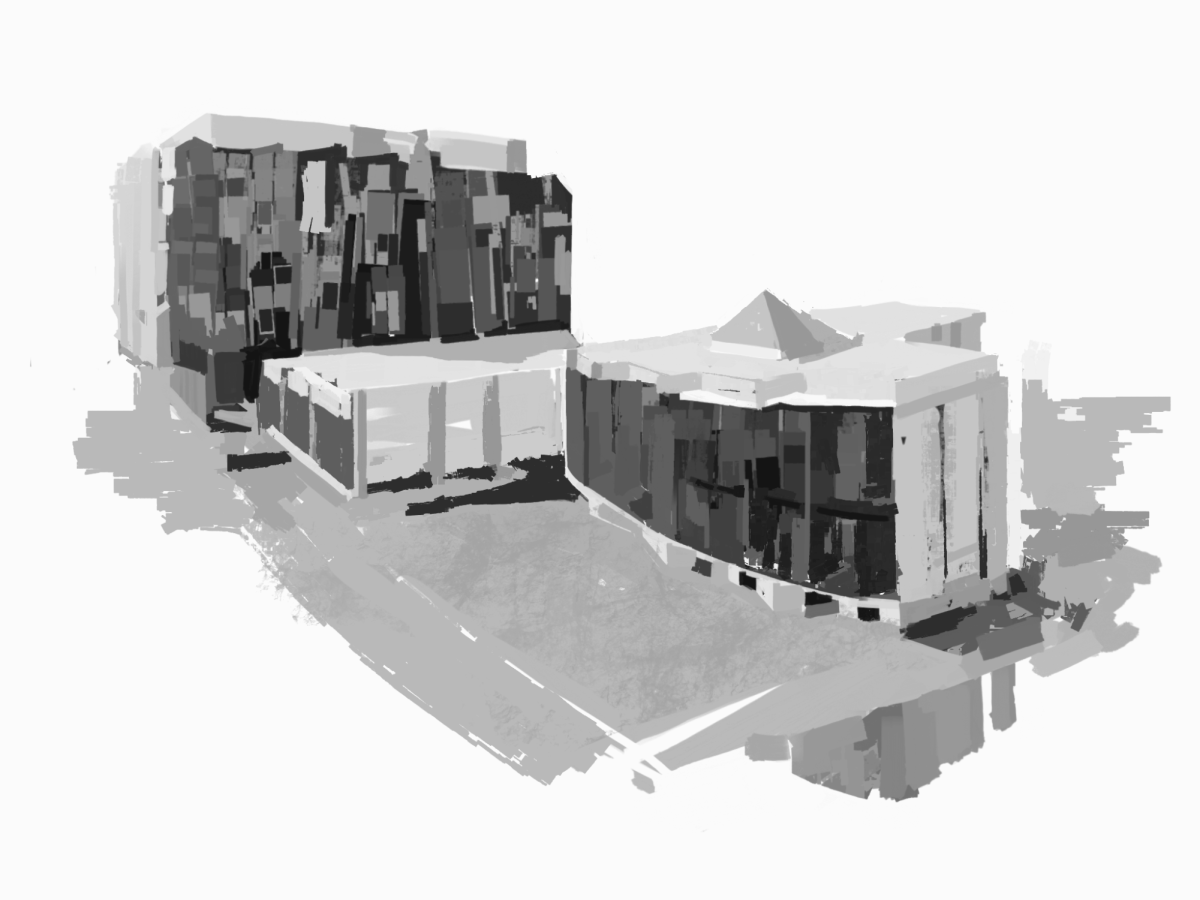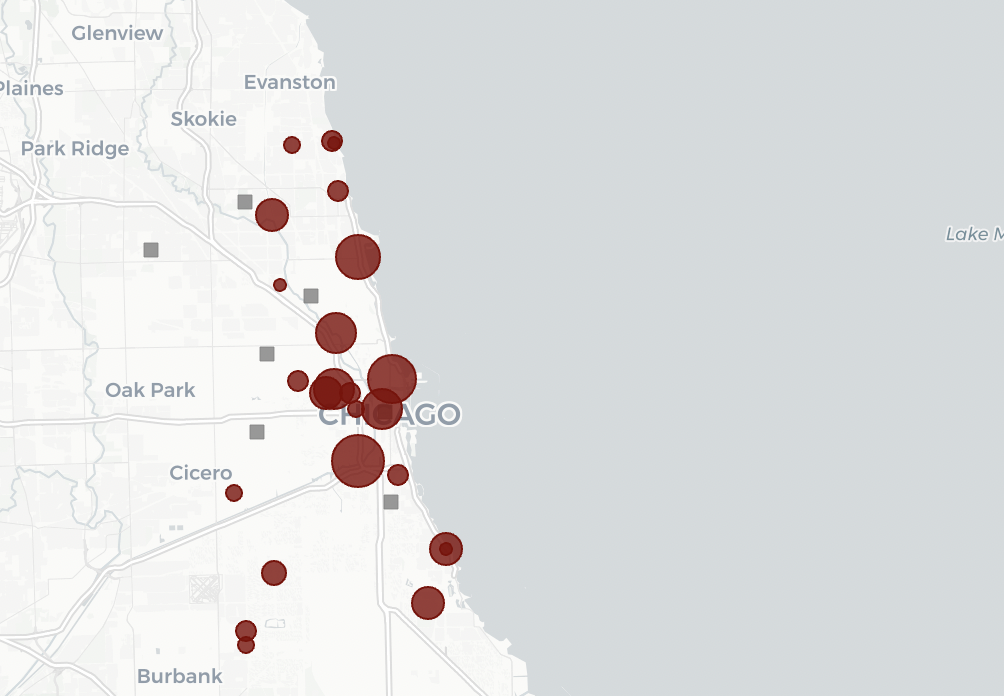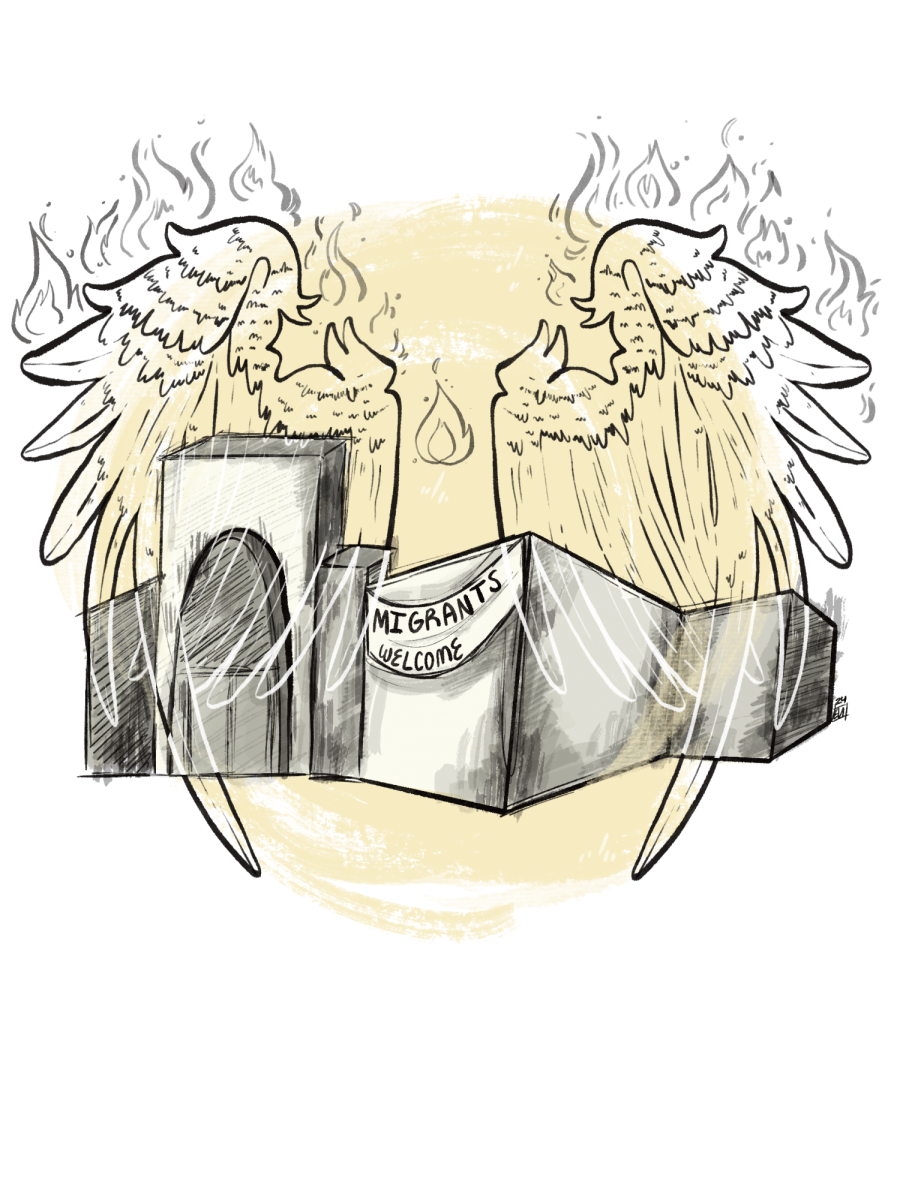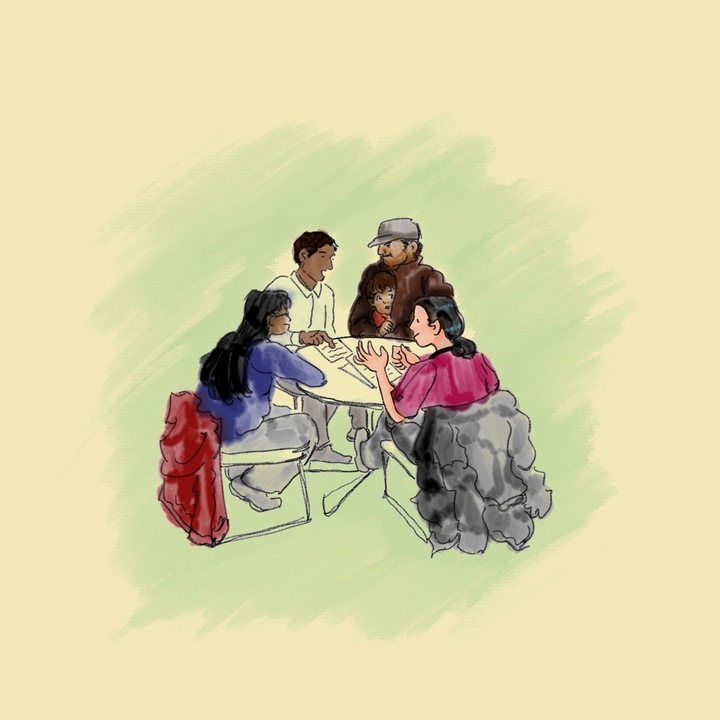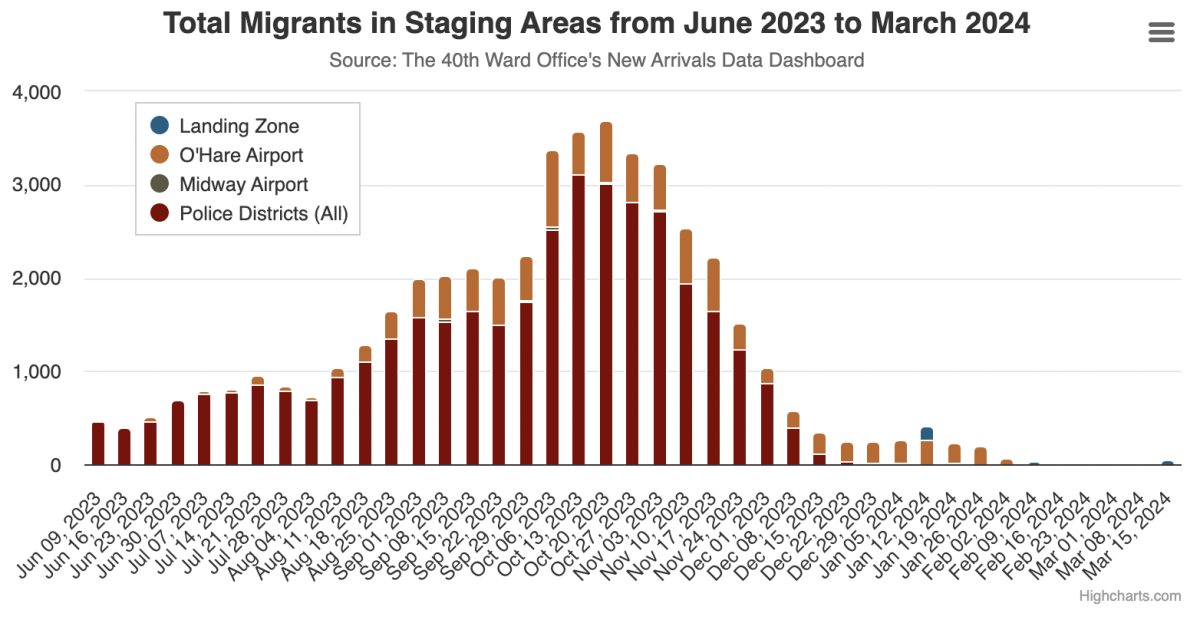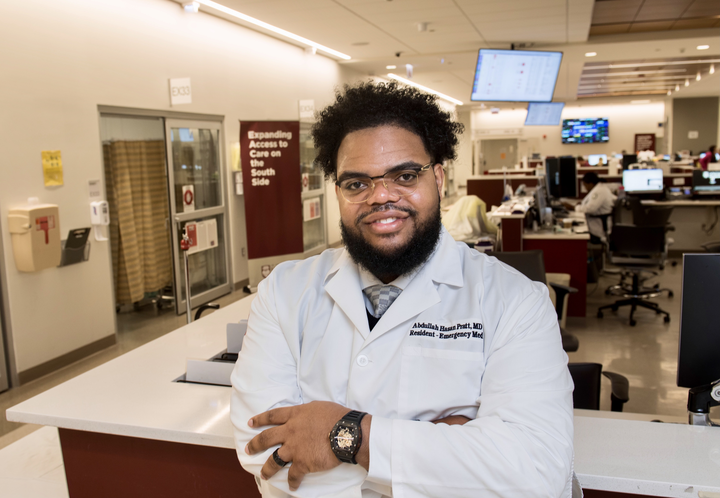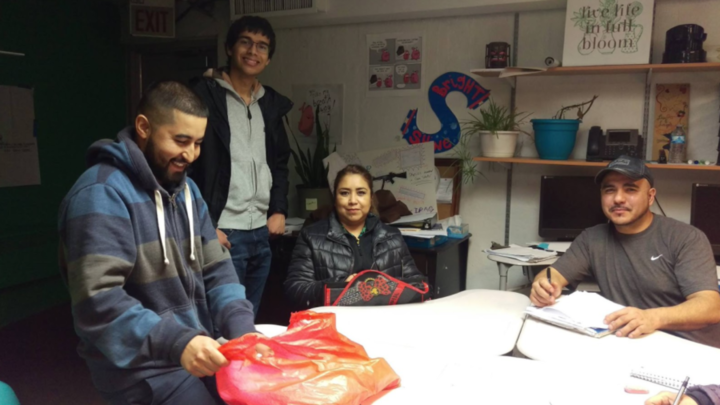As the migrant crisis develops in Chicago, the Law School Immigrants’ Rights Clinic has offered migrants in Hyde Park some reprieve and provided aid in Hyde Park. UChicago law students and faculty run the clinic, which is a part of the law school’s Edwin F. Mandel Legal Aid Clinic.
During the fall quarter, the clinic provided legal aid and advice by assisting migrants in filling out change-of-venue forms, which are necessary to change the location of a court hearing from the originally planned location to Chicago. Migrants often have court hearings set in the states that they entered after crossing the border, but they move to another state before they can attend their hearings. The clinic also helped migrants fill out forms to apply for Temporary Protected Status (TPS), a legal protection for migrants from designated countries to which returning might be impractical or unsafe. This protection can only be attained before a certain deadline each year.
University and Law School professors and undergraduate student volunteers have helped the clinic establish connections with the shelters as well as communicate effectively with the migrants. In addition to translating discussions between the clinic and migrants, the volunteers presented a Google Form in Spanish to those they determined to be possibly eligible for immigration relief. Using the form’s responses, the clinic assessed which people they would invite to their events.
The clinic hosted two events in the fall quarter, one at Hyde Park Neighborhood Club in Nichols Park and the other at the St. Paul & the Redeemer Church. During the events, they gathered information from approximately 20 migrants to determine which asylum claims were the strongest so that they could decide which cases to take on.
The clinic often faces challenges determining the eligibility of its clients, particularly those who have arrived after the TPS deadline, which was July 31, 2023. It is difficult for many migrants to qualify for asylum because they must demonstrate that they are fleeing persecution based on one of five specific “protected grounds.”
Another challenge the clinic faces is maintaining contact with migrants, who frequently move around.
While the clinic receives a small amount of funding from the University, their expenses are low because of help from community centers and volunteers. Morgan Tougas, a third-year law student at the clinic, identified the clinic’s lack of capacity to take on more cases as its main struggle.
With only a couple of lawyers experienced in immigration law, the clinic has only been able to take on three asylum cases. Though the clinic could not take on the cases of the other migrants seeking asylum, it assisted them in filling out pro se forms, which would help them meet their one-year deadline to file for asylum and allow them to represent themselves.
Despite these challenges, the clinic has plans for improvement and growth. “This is very much a learning process for us as well. We’re going to become more efficient and more productive,” Tougas said.
This winter quarter, a nonprofit called the Resurrection Project has taken on the role of holding workshop events for the migrants. With a grant from the city, they have been able to provide more frequent meetings, where they help migrants with TPS forms, work authorization, and general legal advice, much like the clinic did last quarter.
As the clinic wraps up its work with the asylum cases, it is working on a new project to address the migrant crisis but cannot yet discuss the details, according to Tougas.
The clinic is committed to addressing the migrant crisis through actionable means. “There’s a lot of talk going on [from the city] about what should be done, but there’s not a lot of action,” Tougas said. “The city has a structured way that they eventually want to do things, but because it’s not been worked out yet, we’re not going to wait around for that kind of permission.” In response, the group has taken measures into its own hands. The clinic plans to continue this hands-on work helping migrants with upcoming projects.


